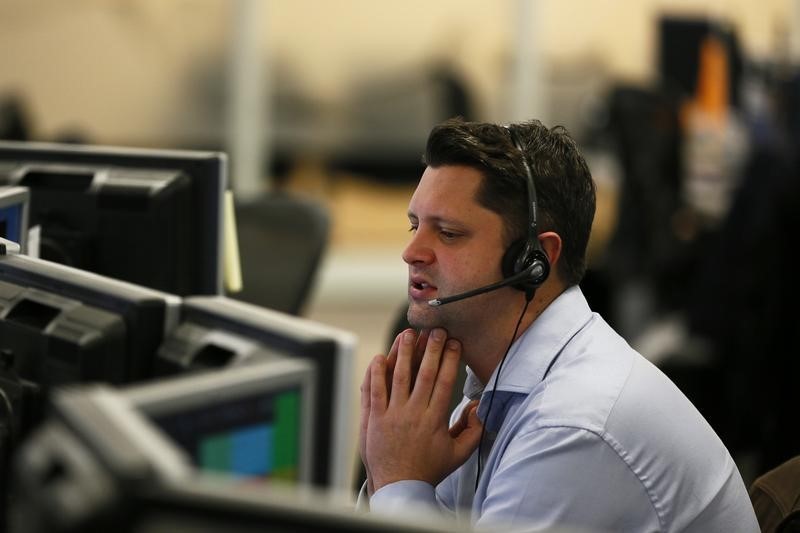© Reuters. FILE PHOTO: The logo of Foxconn is seen outside the company’s building in Taipei, Taiwan November 10, 2022. REUTERS/Ann Wang/File Photo
By Ben Blanchard and Yimou Lee
TAIPEI (Reuters) -Taiwan Vice President Lai Ching-te on Tuesday hit out at China over its probe of major Apple (NASDAQ:) supplier Foxconn, saying Beijing should “cherish” Taiwanese companies and not put pressure on them during an election.
Foxconn is facing a tax probe in China, two sources close to the company said on Monday, confirming a report in China’s state-backed Global Times.
The sources said they believed it was disclosed for political reasons tied to Taiwan’s January elections where the company’s founder Terry Gou is running as an independent candidate for president.
The Global Times, in an English-language story late on Sunday, said by running, Gou might split the opposition vote, potentially ensuring a victory for Lai who is already leading in the polls.
China claims Taiwan as its own territory and Beijing detests Lai, whom it believes is a separatist. He says only Taiwan’s people can decide their future, and Beijing has rebuffed his offers of talks.
Taiwan’s main opposition party the Kuomintang strongly denies being pro-Beijing, but has said it will restart talks with China if it wins and that it opposes formal independence for Taiwan.
Speaking at a news conference in Taipei and asked about Beijing’s probe into Foxconn, Lai said China should “cherish and treasure” Taiwanese companies given their help in that country’s economic development.
“During an election, China does not need to put pressure on Taiwanese companies, demanding they declare a position, or even that they directly support a candidate they prefer,” he said.
Taiwanese companies will lose their confidence in China and if they feel scared will shift production elsewhere, which will be a big loss to China, Lai added.
Foxconn has been pushing to diversify its manufacturing base outside China to places such as India, which one of the sources said may have contributed to Beijing placing pressure on the company.
Gou has not commented on the probe, with his campaign team referring questions to Foxconn and pointing out he is no longer involved in the company’s day-to-day running, though he remains a big shareholder.
Gou cancelled without explanation a campaign event originally scheduled for Monday evening, and has no events planned for Tuesday, according to his media team.
Foxconn said in a statement on Sunday that legal compliance was a “fundamental principle” of its operations, and it would “actively cooperate with the relevant units on the related work and operations”.
Foxconn’s shares extended their declines on Tuesday, closing down 2.2% compared to the broader market’s 0.4% gain. Shares closed 2.9% lower on Monday.
INTERFERENCE ACCUSATIONS
Taiwan frequently accuses Beijing of seeking to exert pressure, whether military or economic, to sway the outcome of its elections to ensure an outcome favourable to China, whose government has not commented on the Foxconn probe.
One senior Taiwanese security source, speaking on condition of anonymity as they were not authorised to speak to the media, told Reuters the government’s assessment was that China’s senior leadership was not happy with the Global Times story.
This is because the probe has been jumped on so quickly by the ruling Democratic Progressive Party, of which Lai is chairman, to accuse China of seeking to interfere in the election in a bid to win more support from voters, the source added.
Authorities in China have not yet confirmed the probe, which has not received further media coverage within the country.
Speaking at a separate event, former Taipei Mayor Ko Wen-je, who is running as presidential candidate for his Taiwan People’s Party and is second to Lai in many polls, said China “which claims to be a world power” should explain the investigation.
“The biggest problem in this matter is that the Taiwanese government has no way to communicate with the mainland on behalf of Taiwanese companies,” Ko said.
China cut off a routine government-to-government talks mechanism with Taiwan after President Tsai Ing-wen took office in 2016.
Read the full article here
